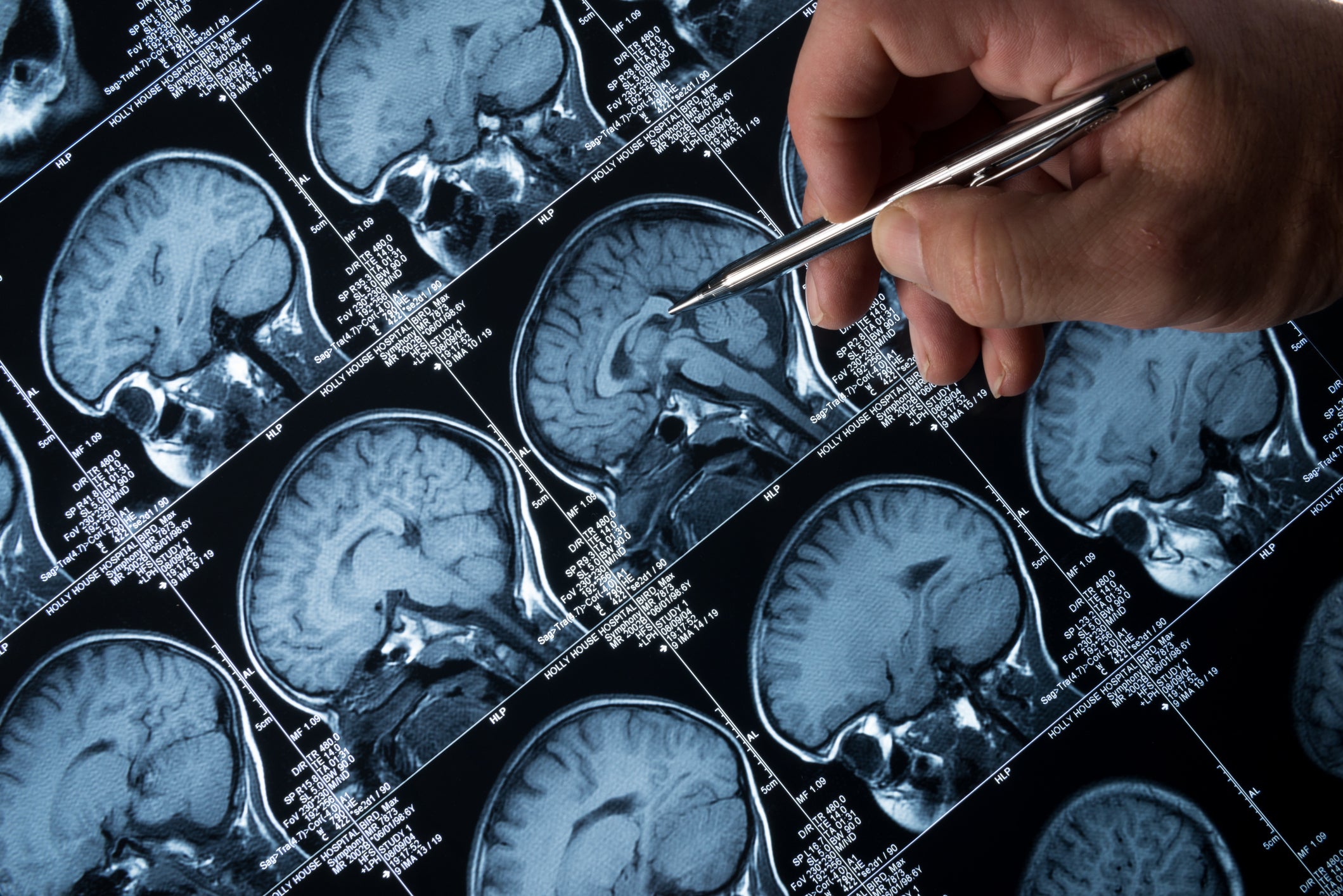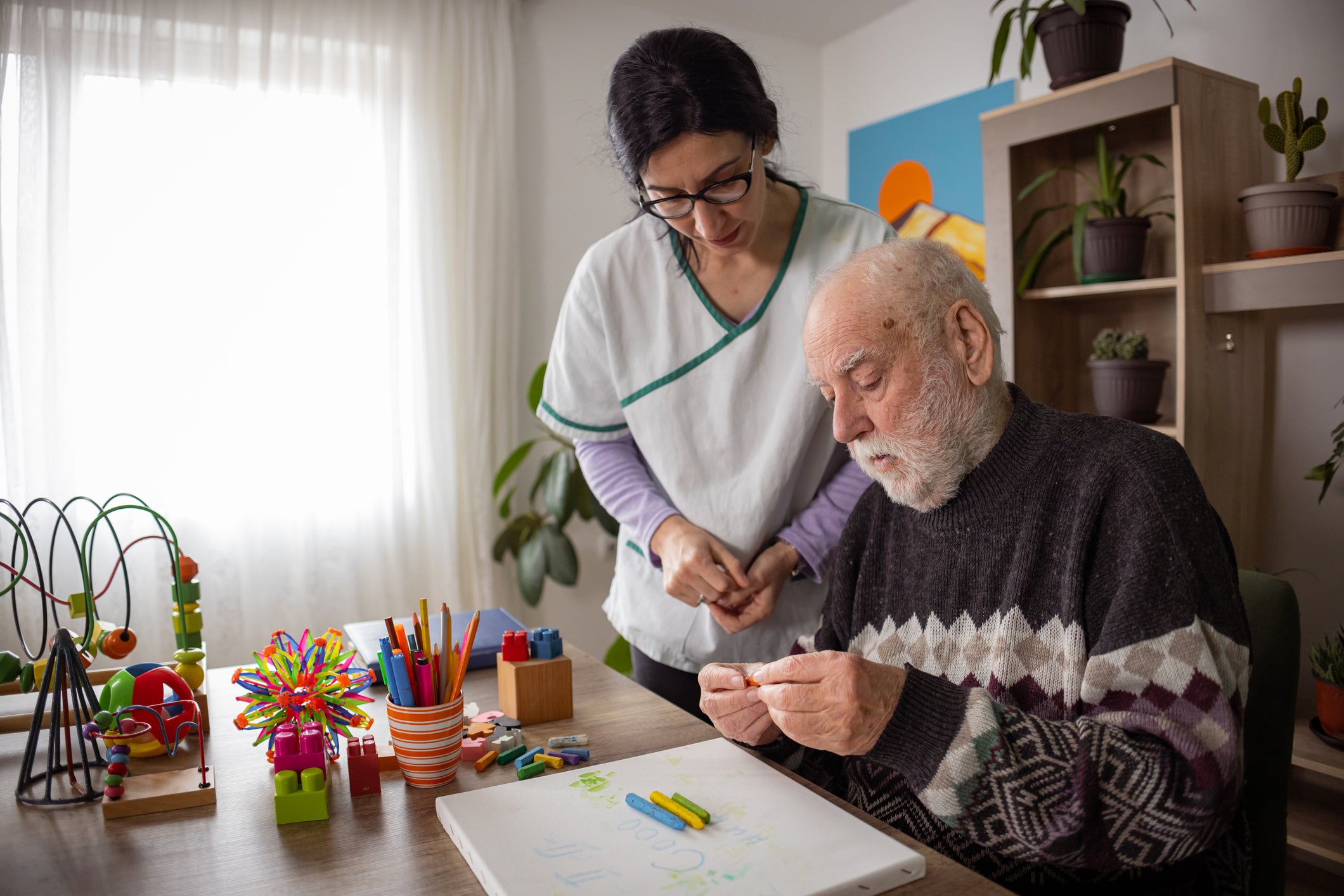ARTICLE AD BOX
Hope is on the horizon as a new review indicates a growing number of potential treatments for Alzheimer’s disease.
The review, spearheaded by a University of Nevada expert and featured in the journal Alzheimer’s & Dementia: Translational Research and Clinical Interventions, highlights that 182 clinical trials are scheduled for 2025. This represents an 11% increase from the previous year, with 138 potential drugs being evaluated.
Significantly, one-third of these drugs are repurposed medications initially created for conditions such as diabetes, multiple sclerosis, and high cholesterol.
In light of this promising development, Emma Taylor, information services manager at Alzheimer’s Research UK, has clarified common misunderstandings about the disease, emphasising six crucial facts everyone should be aware of.
1. Alzheimer’s and dementia are not the same thing

“A lot of people get confused between Alzheimer’s and dementia and aren’t really sure what the difference is,” recognises Taylor. “The way I describe it is that dementia is the group of symptoms – so things like memory loss, confusion, personality and behavioural changes – and Alzheimer’s is one of the causes of those symptoms.”
Research generally associates Alzheimer’s disease with the accumulation of two proteins, amyloid and tau, says Taylor.
“These toxic proteins damage our brain cells, which are what is used to communicate messages throughout our body,” she explains. “Overtime, as more brain cells die, it becomes harder for our brain overall to carry out its normal functions. So, depending on where in the brain the damage starts, that indicates what kind of symptoms someone will experience.
“That’s why in Alzheimer’s early symptoms are often memory loss and confusion because Alzheimer’s tends to, but doesn’t always, start in the memory centres of the brain.”
2. There are 14 potential risk factors
“A lot of the risk factors for dementia are linked to our heart health,” says Taylor. “So, we know that what’s good for your heart is good for your brain as well.
“Things like having a healthy diet, exercising regularly, limiting the amount of alcohol you drink, not smoking, keeping your blood pressure and cholesterol under control etc is really important to improve or maintain our brain health and reduce our risk of dementia.
“These risk factors, there are 14 in total, have been linked to 45% of dementia cases worldwide. So, if those risk factors were completely eliminated, then up to 45% would be prevented or delayed.”
3. It isn’t an inevitable part of ageing
“A lot of people think it’s an inevitable part of ageing, but it’s definitely not – we can do things to reduce our risk of dementia,” says Taylor.
While Alzheimer’s disease is more common in older adults, it can also affect younger people.
“People as young as 30 have developed Alzheimer’s and obviously that is quite rare, but it really does show that it’s not just a part of ageing,” says Taylor. “It’s a biological disease and if something goes wrong, then we can try and find a way to make it right – that’s where research comes in.”
4. It isn’t just about memory loss

“I think a lot of people just think of Alzheimer’s as memory loss, but it can affect a lot of different aspects of someone’s memory and thinking,” highlights Taylor. “Someone might become very confused and might not be sure of the time or the date, they might misplace things a lot or put them in odd places, like putting a TV remote in the fridge.”
Alzheimer’s can also really affect language skills.
“People might have problems finding the right words or understanding the meaning of words or might struggle to follow conversations, and that might mean that they become quite withdrawn,” says Taylor.
In addition, there’s a lot of links between Alzheimer’s and mood and behaviour changes.
“People can become low in mood. other people may become more agitated or aggressive, and that’s a really heartbreaking thing for someone to go through,” says Taylor.
5. Getting a diagnosis can be beneficial
“People often ring us and say why would I bother going to the doctor if there’s no cure yet – but I think the benefits of getting a diagnosis is that support and understanding that you get from knowing what’s going on, and the ability to plan ahead,” says Taylor. “Getting a diagnosis means you can put things in place like the lasting power of attorney and sort out your will and finances while you have time.
“Getting an early diagnosis also means getting those treatments while they’re likely to work best, and a diagnosis also provides more opportunities to take part in research, so the future generations don’t have to go through the same thing.”
6. Remember to be patient with loved ones who have Alzheimer’s

“Someone might change quite a lot when they have Alzheimer’s, but it doesn’t mean that they deep down aren’t the same person,” emphasises Taylor. “Someone’s behaviour might change quite drastically throughout the course of the disease but it’s not coming from a bad place.
“So, patience and understanding is really key when dealing with anyone with any form of dementia. Treasure the time that you have with them.”
For more information about dementia, dementia research or taking part in research, visit Alzheimer’s Research UK’s website or contact its Dementia Research Infoline on 0300 111 5111 or email infoline@alzheimersresearchuk.org









 English (US) ·
English (US) ·